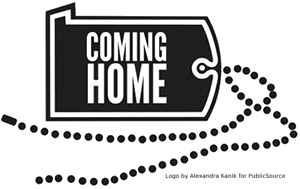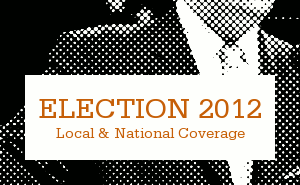A plan to sell off the state’s roughly 600 wine and spirits stores has the support of the governor, but it’s still stalling in the House.
House Majority Leader Mike Turzai said his bill’s not dead, but he won’t say whether the votes are there to pass it.
“It’s scheduled to run on Monday,” said Turzai.
It isn’t the first Monday the plan has been brought up on the House floor. A week ago, debate went on for hours before leaders finally pulled the plug. The proposal wasn’t brought up at all for the rest of the week.
Barry McCowin of Harrisburg said he’d like the state to sell off its wine and spirits stores, but he’s not holding his breath.
“Not this year. It’s going to drag out, I tell you, because if I had to bet on it, I wouldn’t think so, because that’s revenue for the state,” said McCowin.
Another Harrisburg resident, Khalif Omar, runs a barbershop near a state liquor store. Omar is no fan of privatization.
“We were just talking about that in the barbershop, as far as being privately owned. Privately owned, that means more children are going to have underage drinking. There’s not going to be state control over it no more,” said Omar.
The bill comes with requirements to keep alcohol out of the hands of underage people. Critics have said privatization would result in job losses for those who work in state stores, and deny the state a source of dependable income.
The latest iteration of the plan would create 1,600 liquor licenses to be sold or auctioned at the county level.
Beer distributors would be allowed in on the wine and spirits sales, and new rules would allow them to sell not just cases and kegs, but also six-packs. No cap would be placed on the number of six-packs people could buy at a time.






